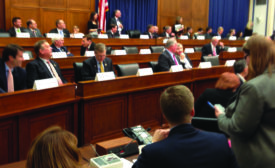Business
Companies
Israeli Start-Up Pushes Innovative Water-Pipe Leak-Repair Tech
Curapipe inks deal with country's largest utility and eyes work in Italy and the Americas
Read More
The latest news and information
#1 Source for Construction News, Data, Rankings, Analysis, and Commentary
JOIN ENR UNLIMITEDCopyright ©2025. All Rights Reserved BNP Media.
Design, CMS, Hosting & Web Development :: ePublishing








